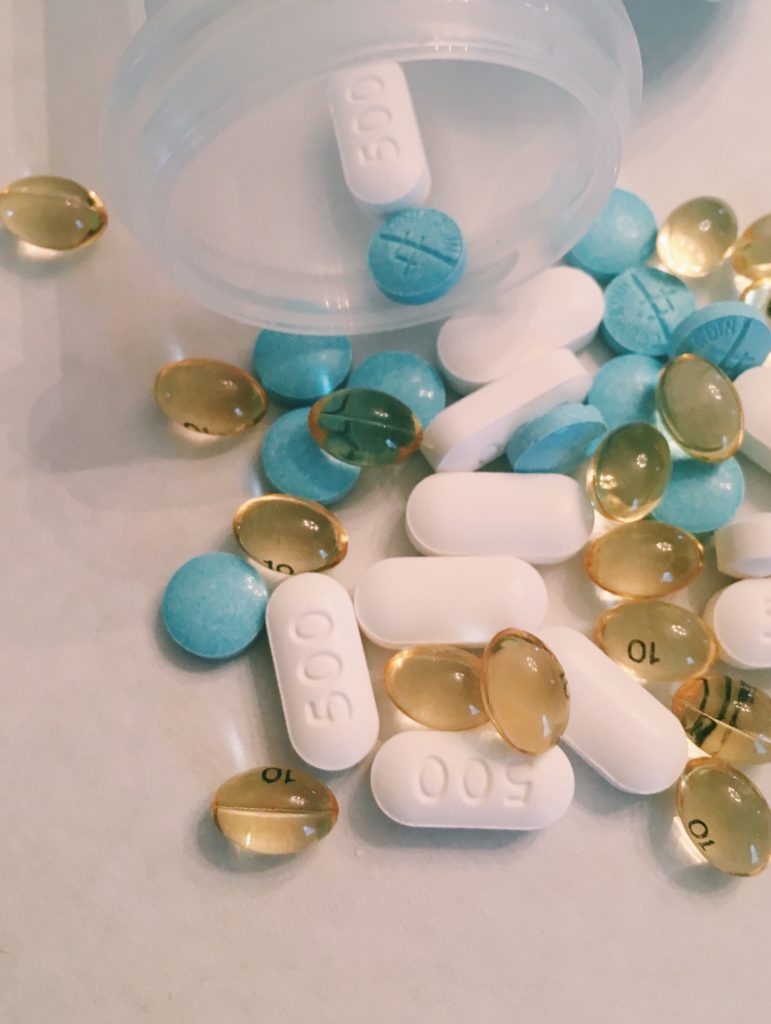
A new study released by JAMA (Journal of American Medicine Association) reveals that opioid overdoses are more likely if a family member has a prescription. (http://bit.ly/2KzyN6S)
During this opioid crisis, there is a lot of talk about why so many people are overdosing, who is to blame, and how to help stop the crisis. But one aspect, that was highlighted in a recent study, may be overlooked. One of the things that we tend to focus on is treatment and help for the person who receives an opioid prescription, but studies reveal that we may also need to focus on that person’s family members as well.
In 2016, over 42,000 people died from an opioid overdose. Of the 11.5 million people that misused opioids in 2016, two million of them had never misused drugs before. To reduce this number, many states have started limiting the number of opioids that can be prescribed to a patient, and limiting tracking, and treatment help for the individual. However, when somebody receives an opioid prescription, it is more likely that one of their family members may use or abuse the drugs as well, which is leading to higher numbers of overdoses for non-prescribed people.
It could happen to anyone
When my daughter was in a bad car accident in 2016, she was prescribed strong opioids for a fracture in her spine. She didn’t end up taking them because she didn’t feel the pain was bad enough to warrant taking the opioids. And so, for a few years, the pills just sat in the medicine cabinet. Thankfully, our family didn’t have anybody looking to abuse medications. But this points to a problem a lot of families are seeing in their homes. Without a proper place to dispose of unused medications, the pills can end up sitting in a medicine cabinet. Then if someone in the family abuses them, it can often be overlooked and end up with a fatal overdose.
Senior study author Joshua Gagne of Brigham and Women’s Hospital and Harvard Medical School in Boston, says, “Many pharmacies, health departments, police departments, and various healthcare facilities serve as safe disposal sites.” Gagne added, “When opioids are in the home, they should be stored in medication lock boxes, which are available at pharmacies and online retailers.”
“When opioids are in the home, they should be stored in medication lock boxes, which are available at pharmacies and online retailers.”
Joshua Gagne – Harvard Medical School
Dr. Marc Larochelle of Boston University and the Grayken Center for Addiction at Boston Medical Center stresses the importance of keeping medication in a safe place. “These findings emphasize the importance of educating individuals and family members about the need to store these medications in a safe, secure manner as well as the risk from sharing medications,” LaRochelle, who wasn’t involved in the study, said by email.
“The latter is very important as there are numerous potential drug interactions and other reasons why individuals may respond differently to the same dosage of opioids,” LaRochelle added. “What may be safe for the individual prescribed an opioid under a medical provider’s supervision may likely not be safe for family members.”
With this crisis ongoing, we need to remember that it is important to have support for people who have been prescribed opioids. It’s important that they know how to store and dispose of their medications properly, and that they understand all the risks associated with these incredibly strong medications.


